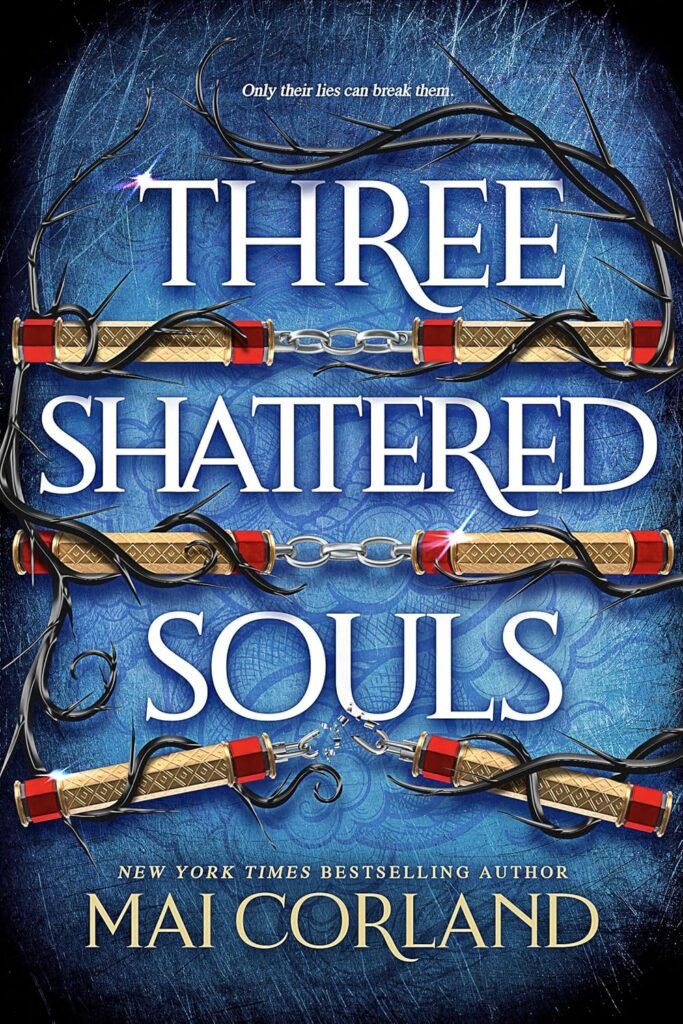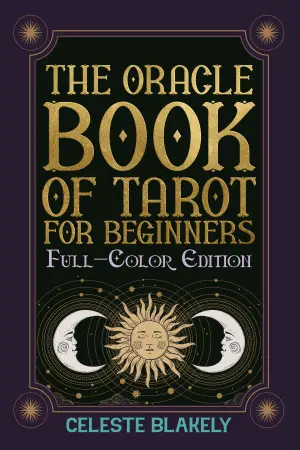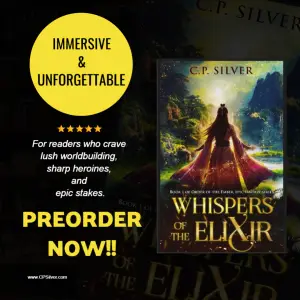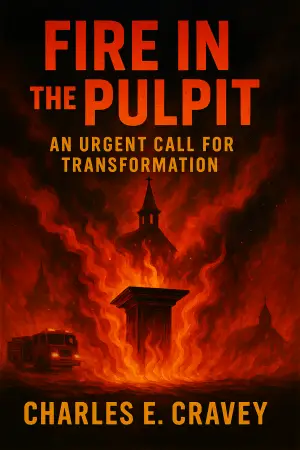Three Shattered Souls: A Journey of Emotions and Complicated Connections
When I first dove into Three Shattered Souls by Mai, I was both thrilled and trepidatious. After all, this is the concluding chapter in The Broken Blades trilogy, and I couldn’t help but hope that it would deliver an epic send-off for characters I’ve grown attached to. Yet, as I closed the book, I found myself feeling somewhat adrift, with a mix of satisfaction and frustration.
The third installment centers around themes of friendship, loss, and the heavy burden of choices—a powerful backdrop that had me reminiscing about my own experiences. It’s impossible to ignore that these elements are central to the story, but the execution felt uneven this time around. Mai’s world-building and character dynamics are still lush, but I couldn’t help but feel that some characters weren’t given the depth they deserved. Sora, for instance, was crowned queen by the Dragon Lord, yet throughout much of the book, she seemed to merely float along, burdened by grief for two characters who were still very much alive. Sure, her emotional journey is poignant, but it left me wishing for more active engagement from her—perhaps more agency instead of her occasionally feeling like a Mary Sue.
And while we’re on the subject of character dynamics, Aeri and Royo’s cryptic interactions left me wanting more. Their storyline felt repetitive at times and lacked the thrill I expected from encounters fraught with tension. The promise of Aeri as the Dragon Lord could have been a climactic moment of the book, but it felt like a missed opportunity without a strong buildup. This made the narrative feel increasingly fragmented, especially as our heroes jetted across the map without a concrete destination—thank goodness for the provided map, or I might have lost my bearings entirely!
However, not all was lost in the emotional turbulence of Three Shattered Souls. Mikhail’s arc stood out to me, embodying a blend of humor and tragedy that felt refreshing amidst the brooding. His reclamation of the throne, while abrupt, managed to tie up his storyline in a way that felt satisfying, even if the betrayals of Fallador and Gambria were brushed aside for the sake of moving on. This found family moment with Aeri showcased how powerful their bonds had grown, and it was a much-needed relief in a narrative that sorely craved heartwarming interactions.
As for Mai’s writing style, it retains the engaging, breezy flow that I’ve come to expect from her work. It’s like a comfortable blanket you can wrap around yourself—it’s easy to read and speeds by, even if it sometimes leans toward simplicity. There’s a charm in this style that could be likened to “junior chapter books for adults,” inviting readers into a world that’s easy to escape into.
Ultimately, I would recommend Three Shattered Souls to fans who appreciate a blend of high-stakes fantasy, emotional complexity, and character-driven narratives, even if it might stumble at times. While this may not have been my favorite book of the trilogy, it solidified my attachment to the characters—especially that heartwarming bond between Mikhail and Euyn, which stayed true to the essence of what made this series special for me. As I close this chapter, I’m left with a hollow ache—a testament to how deeply connected I became with these complex souls. Here’s hoping Mai’s upcoming spin-off takes these threads and weaves them into something entirely fresh.
Discover more about Three Shattered Souls (The Broken Blades, #3) on GoodReads >>







